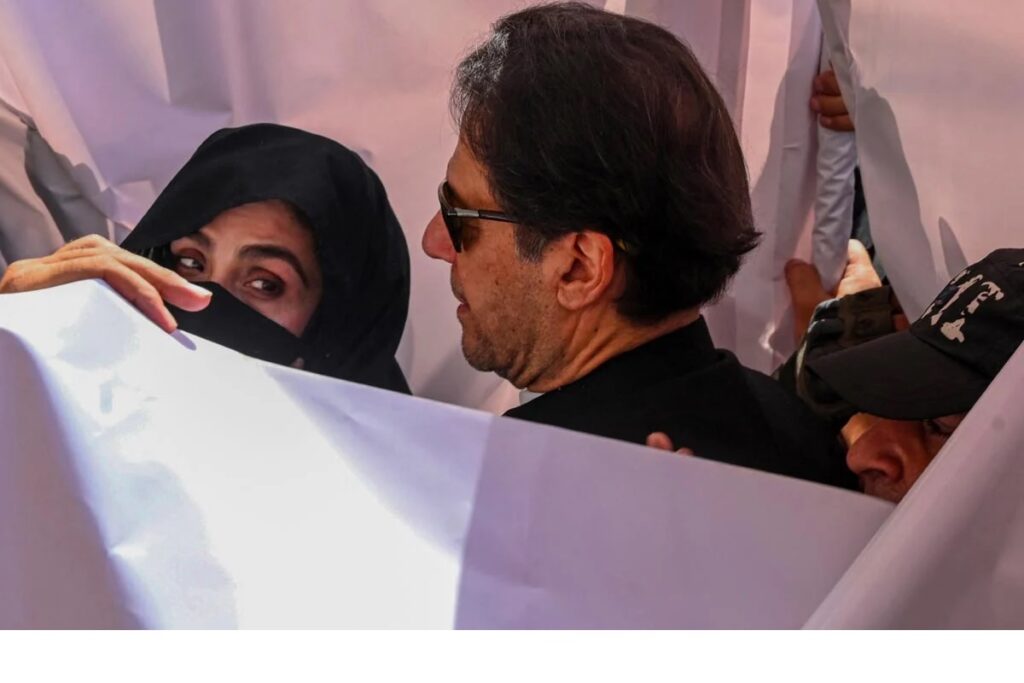NEW YORK:
Pakistan will articulate developing countries’ aspirations, work for peace in the Middle East and Africa as well as promote the right of self-determination for people under foreign occupation if elected as a non-permanent member of the
UN Security Council, pledged Ambassador Munir Akram.
Elections for five of the 10 non-permanent seats in the Security Council for the term 2025-26 are set to take place on Jun 6. Pakistan’s candidacy has the endorsement of the 55-member Asian Group.
Pakistan has been elected to the Security Council seven times, with the most recent term in 2013. Other occasions were in 1952-1953, 1968-1969, 1976-1977, 1983-1984, 1993-1994 and 2003-2004.
Ambassador Akram, who is Pakistan’s ambassador to the UN, was speaking to members of the US-based Pakistan Students Association Coalition (PSA Coalition) via video-link.
He said the election to the 15-member council would bring a lot of responsibility on Pakistan to play a leadership role in addressing “our issues like Kashmir, Afghanistan and counterterrorism”, but also other multiple global challenges.
The coalition comprises US-based Pakistani student associations of various colleges that are linked by their unwavering commitment to preserving the Pakistani identity, traditions and its rich culture.
The Pakistani envoy said that UN Security Council resolutions on Kashmir provided for the realization of the right to self-determination by Kashmiris.
No gimmicks by the Indian government could alter the international status of the dispute, which is on the UN Security Council agenda, he told the students.
Ambassador Akram briefed the students about Pakistan’s active role at the United Nations, including its presidency of the UN Economic and Social Council (ECOSOC), as non-permanent member of the Security Council and as chairman of the Grouping of G-77 and China.
As the second-time President of the ECOSOC in 2021, he said Pakistan played a leading role in advocating the concepts of vaccine equality, and the creation of new money for the developing countries enabling them to fight off the impact of Covid-19, an effort that led to restructuring of debt and suspension of interest payments by G-20, thus providing a substantial relief to the developing world, including Pakistan.
“Likewise, the establishment of the instrument of Special Drawing Rights (SDRs) of $650 billion by the IMF led to the provision of additional resources to the developing countries in navigating the economic challenges,” the Pakistani envoy said.
“We are now asking for redistribution of the unused SDRs among those developing countries that are in acute need to realize their commitment to Sustainable Development Goals and deal with the challenges of climate change.”
Ambassador Akram also explained the state of the world including the key global and regional challenges. He said that as the intense competition between major powers became a new reality of the world order, the world was undergoing a fast transition from its unipolar status to a bipolar plus order.
He also told the students about the upcoming summit of the future which is aimed at reshaping the world order. Pakistan, he said, was making efforts to build consensus with other developing countries to protect their legitimate interests and rights during the negotiation process for the pact for future.
The ambassador also fielded questions ranging from the paralysis of the UN Security Council and its reform process, the prospects of peace and stability in the Middle East, including the establishment of the State of Palestine, the relevance and effectiveness of the United Nations, Islamophobia and how the students could pursue gainful careers to serve Pakistan.
